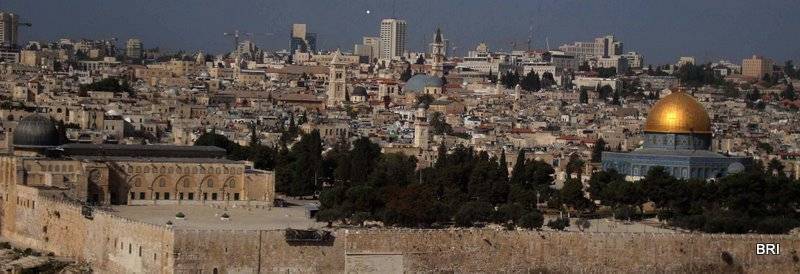READ THE BIBLE ONLINE
Rightly Dividing
the Word of Truth

BEREAN RESEARCH INSTITUTE
DOWNLOAD
FREE SEARCH SOFTWARE
God's Word
the King James Bible
Bible Studies for the Church and for Christian Ministries - BIBLE STUDY ON TOUGH ISSUES
|
|
Eternal Security - False Teaching of a Baptist Pastor
Doctrine Article - D.0113_02
SHARE THIS ARTICLE WITH YOUR FRIENDS and FOLLOW
1. Dr. Kirkland is not unlike most Baptist pastors. He believes in 'Eternal Security' and teaches it accordingly. But, as a respected author and leader in Baptist circles, Dr. Kirkland's influence in promoting this false doctrine really needs to be challenged by bible-believing Christians everywhere.
2. In his website article*, "By the Book, Issue 1, Nov 2007" (no longer available), Dr. Kirkland analyzed a passage from Matthew chapter seven and commented on his own belief that those who have made a one-time profession of faith in the Lord Jesus Christ are 'eternally secure' irrespective of what the plain text of this passage appears to say:
3. In reply to our question as to what his understanding of the word "destruction" might be, Dr. Kirkland counselled us, as follows:
4. On the contrary, we had understood this text to be a relatively straightforward commentary by Jesus on the two distinctively polar destinations that await believers and unbelievers, respectively - "life" referring to eternal life, and "destruction" referring to eternal death. If this simple reading is not sufficient to provide accurate understanding, then a study of the word "enter" from the same verse might resolve the ambiguity. The biblical use of the word "enter" in conjunction with the word "gate" always connotes movement from one physical place into another – such as from earth to heaven ("life"), or from earth to hell ("destruction").
5. But let's examine Dr. Kirkland's reasoning:
6. The contrasts in this verse are obvious:
7. Therefore, "destruction", by the hermeneutic principle of allowing scripture to interpret itself, means the opposite of "life".
You can trust the King James Bible exactly as written. Prove all things; hold fast that which is good (I Thess 5:21)
* Dr. Kirkland's original article appears to have been removed from his website. Nevertheless, he continues to teach the false doctrine underlying it. Also, his arguments had been presented for a time, as if they were valid; and others may still adhere to them. Therefore, we post this article as a continual counter-argument against them.
| |||||||||||||||||||||||||||
|
Legal Disclaimer: Terms and Conditions
Salvation | Bible Versions | Sound Doctrine | Endtime | Other Issues | Book Reviews
Home | What We Believe | Contact Us | Audios | Videos Copyright 2006-2017 All Rights Reserved: Mike Wright - Berean Research Institute web design by Centurion Digital: websites@centuriondigital.com
|
| |||
The "Berean Research Institute" is a scripture-based, family-oriented area of cyber-space wherein men, women and children can research beliefs and doctrines that impact their assembly, ministry and/or personal lives. We encourage all to fear God and to keep his commandments by searching the scriptures daily and by being doers of the word. Many people today claim to be Christians, disciples of Jesus, but fail to continue in his word as commanded in John 8:31, and therefore are deceiving even themselves. (James1:22) The result of such deception will be exclusion from the Kingdom of God (Matt 7:21-23 and Matt 25:8-12). Not everyone ... shall enter the kingdom of heaven; but he that doeth the will of my Father which is in heaven. (Matt 7:21) If you consider yourself to be a Pentecostal, Baptist, Catholic, JW, Adventist - even a life-long one - and are convinced that you are on your way to heaven, we encourage you to consider some of the biblical doctrines that we examine in these articles and videos - and be SURE that you are on your way to heaven. That is our ultimate goal for you - that every one of you obtains eternal life!!
|
|||





